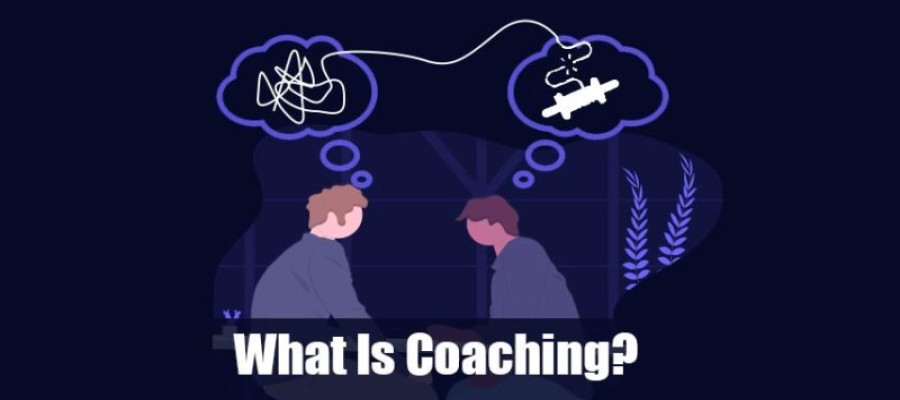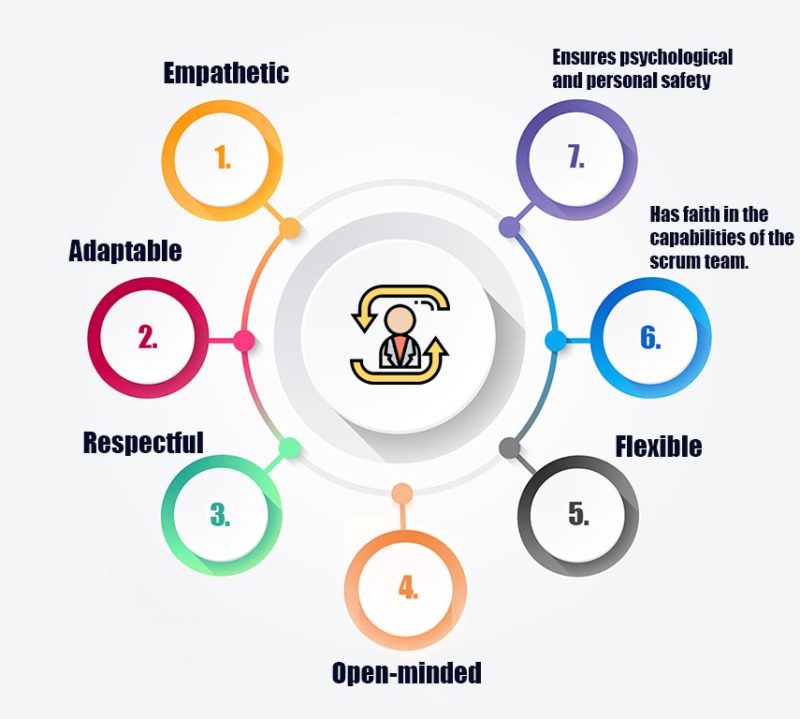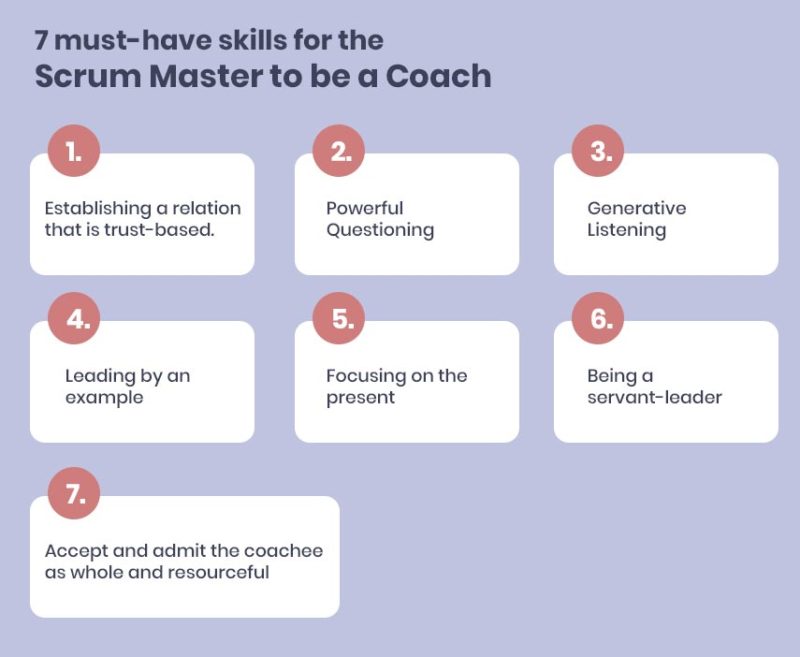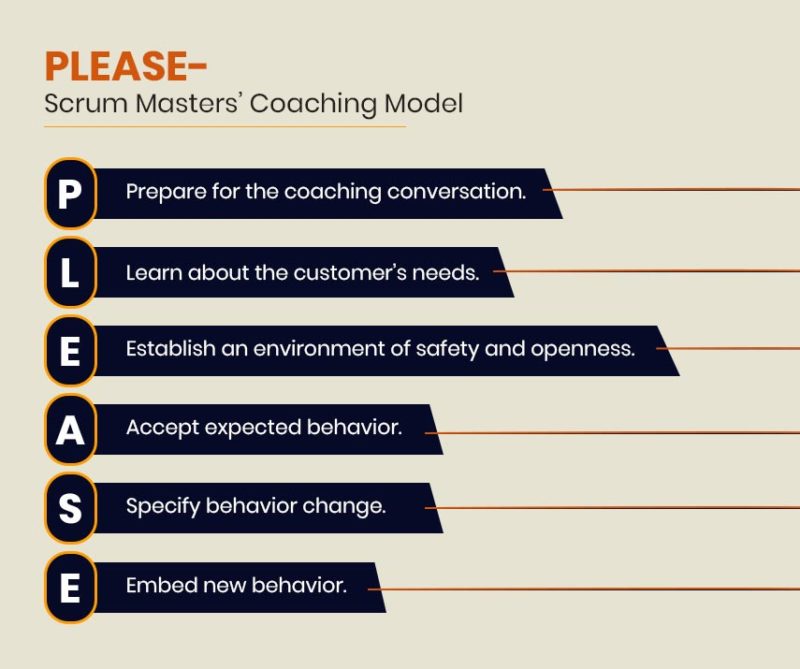
Agilemania
Agilemania, a small group of passionate Lean-Agile-DevOps consultants and trainers, is the most tru... Read more

Agilemania, a small group of passionate Lean-Agile-DevOps consultants and trainers, is the most tru... Read more

In the course of coaching, the coach guides the coaches to address the challenge with a simplified approach. The coach always stays neutral and creates a secure place for the coaches to find a solution.


1. Establishing a relation that is trust-based. Efficacious coaching is a relationship that is based on respect and trust. This is helpful to establish a safe and open environment between the coach and coaches. In the course of time, this kind of relationship lets the coaches feel secure to uncover their potential and move ahead in the course of transformation. The Scrum Master acts as a gateway to enable trust-based relationships.
2. Generative Listening. It wouldn’t be an exaggeration in telling that the listening ability of the coaches plays a vital role in the successful outcome of coaching conversations. Though it takes a lot of practice to listen to people, knowing what to let go does the trick. A great coach always tries hard to sense the in-depth meaning of a conversation with the coaches. Generative listening in simple words can be defined as listening with a purpose, that has openness, empathy and permits possibilities to emerge.
3. Powerful Questioning. A very basic question which we would have at this point is what is powerful questioning and how do we define it? A powerful question is a question that is clarifying, unbiased, inviting, open-minded, solution-focused, empowering and challenging. The scrum Master has to master the art of powerful questioning.
4. Leading by an example. Who is a good coach/ a great coach? This question doesn’t have a set answer. Nevertheless, a good coach is someone with a tremendous learning attitude, is flexible, who constantly works on improving him/herself, welcomes feedback, and is okay to experiment and be not afraid of failure. Scrum Master as a coach must showcase behaviors that he/she wishes from coaches.
5. Focusing on the present. It is crucial for coaches to focus on the present and make gradual progressions with the coaches. There are various people who either carry their past experiences or live in their future fantasy land. In such cases, a good coach should help them realize and make them understand the criticality of living in the present.
6. Accept and admit the coaches as whole and resourceful. A coach should acknowledge his/her coaches to be whole and resourceful. This is derived from the co-active coaching approach. Such an approach tends to render empowering solutions. Meanwhile, to avoid criticism, provide structure, provide constructive feedback, throw the coaches constructive challenges, and etc.
7. Being a servant-leader. One of the significant responsibilities of a Scrum Master is serving the Scrum Team. The Scrum Master acts as a servant leader and functions from outlooking serving others. According to the Scrum Guide, the Scrum Master is a Servant Leader for the Scrum team. It is an indispensable responsibility for the Scrum Master to serve the team’s agenda rather than their own.

Agilemania, a small group of passionate Lean-Agile-DevOps consultants and trainers, is the most trusted brand for digital transformations in South and South-East Asia.
WhatsApp Us
Sumeet is an excellent coach and can relate the subject to the day-to-day work we do. That makes our understanding easie...
I attended PSPO Training by Sumeet Madan last wakened and I must say it has been the best training ever. He did not open...

I had recently attended PSPO training with Sumeet Madan and it was fantastic! His expertise in Agile product ownership i...

Excellent way of providing the training by Preeth. Scenario based teaching approach makes it extremely easy to learn and...

I recently took the ICP-ENT (Enterprise Agile Coaching) training with an online course. The customer service was great a...

We will get back to you soon!
For a detailed enquiry, please write to us at devops@agilemania.com
We will get back to you soon!
For a detailed enquiry, please write to us at devops@agilemania.com



